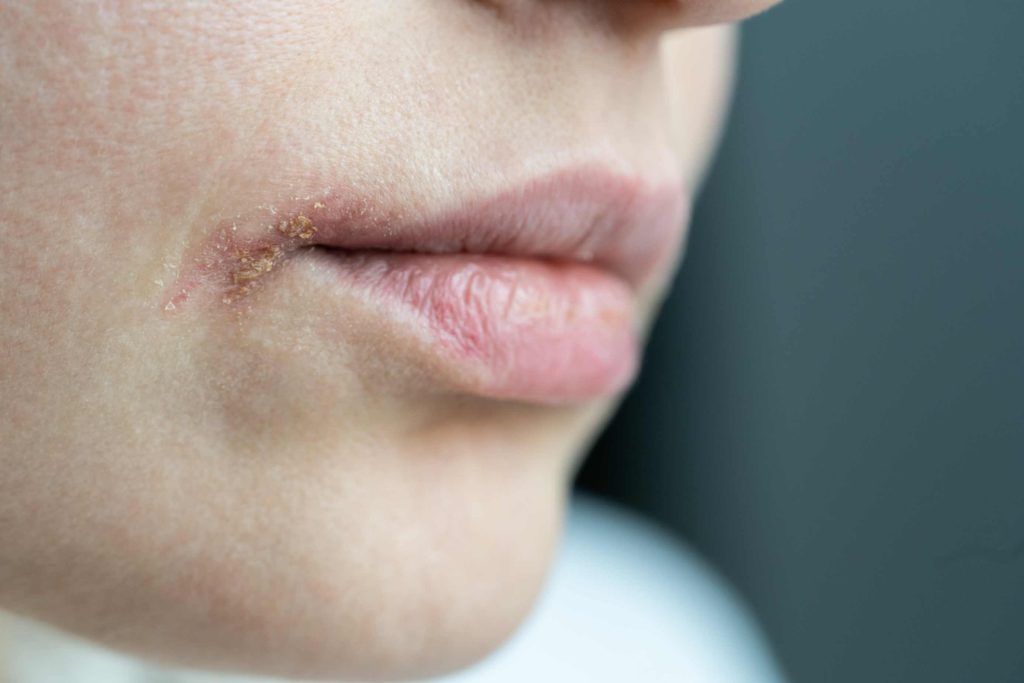
Impetigo is a common skin infection, especially in children. It may look alarming with its red sores or yellowish crusts, but the good news is that it is treatable. However, many people wonder: is impetigo contagious? The answer is yes, and understanding how it spreads and how to prevent it can help protect you and your family from unnecessary infections.
What is Impetigo?
Impetigo is a bacterial skin infection caused mainly by two types of bacteria: Staphylococcus aureus and Streptococcus pyogenes. It often begins with red sores around the nose, mouth, or hands. These sores can burst and form a golden crust. While impetigo can affect anyone, it is most commonly seen in children between the ages of 2 and 6.
There are two main types: non-bullous impetigo (more common and less severe) and bullous impetigo (which causes larger blisters). Although it may look painful, impetigo usually causes only mild discomfort and itching.
How Does Impetigo Spread?
The biggest concern with impetigo is its ability to spread easily. So yes, impetigo is contagious. It spreads through direct contact with the infected skin, as well as through touching items like towels, bedding, toys, or clothing that have been used by someone with impetigo.
It can also spread if you scratch the sores and then touch other parts of your body or someone else. Children in nurseries, schools, or playgroups are more likely to catch impetigo because of close contact and shared surfaces.
Even if the symptoms are mild, the bacteria can be passed on until the sores are fully healed or the person has been treated for at least 48 hours.
Who is at Risk?
Although impetigo is most common in children , adults can get it too. People with broken skin from eczema, insect bites, or cuts are more likely to be infected. Crowded environments and poor hygiene also increase the risk.
If someone in your household has impetigo, it is important to take precautions to avoid impetigo transmission to others.
Tips for Preventing Impetigo
Knowing how to prevent impetigo can save a lot of stress, especially in families with children. Here are some simple prevention steps:
- Wash hands regularly with soap and water.
- Keep nails short and clean.
- Avoid sharing towels, bedding, or clothing.
- Clean cuts, grazes, and insect bites properly.
- Keep children at home if they have symptoms until they are no longer contagious.
- Disinfect commonly touched surfaces like door handles and light switches.
If someone in your family has impetigo, make sure the sores are covered with a clean bandage and discourage scratching.
Impetigo Treatment Options
Impetigo treatment usually involves topical antibiotic creams that help clear the infection within a few days. In more widespread cases, oral antibiotics may be recommended. It is important to complete the full course of treatment to avoid the infection coming back or spreading.
Our pharmacists at Aroga Pharmacy can offer advice on effective treatments for impetigo and help you choose the right options, especially if symptoms are mild.
Why Early Action Matters
Ignoring impetigo can lead to complications like deeper skin infections or scarring. Although rare, if left untreated, it can even lead to more serious conditions like kidney inflammation. That is why taking early steps with the right impetigo prevention and treatment is essential.
Get Expert Help Near You
If you or your child show signs of impetigo or any other skin concern, do not wait for it to get worse. Early guidance and proper care can make all the difference.
Live near Stoke Poges or Taplow? Book an appointment at Aroga Pharmacy in Farnham Common today. Our pharmacists are here to help you treat infections, protect your family, and feel better fast.
